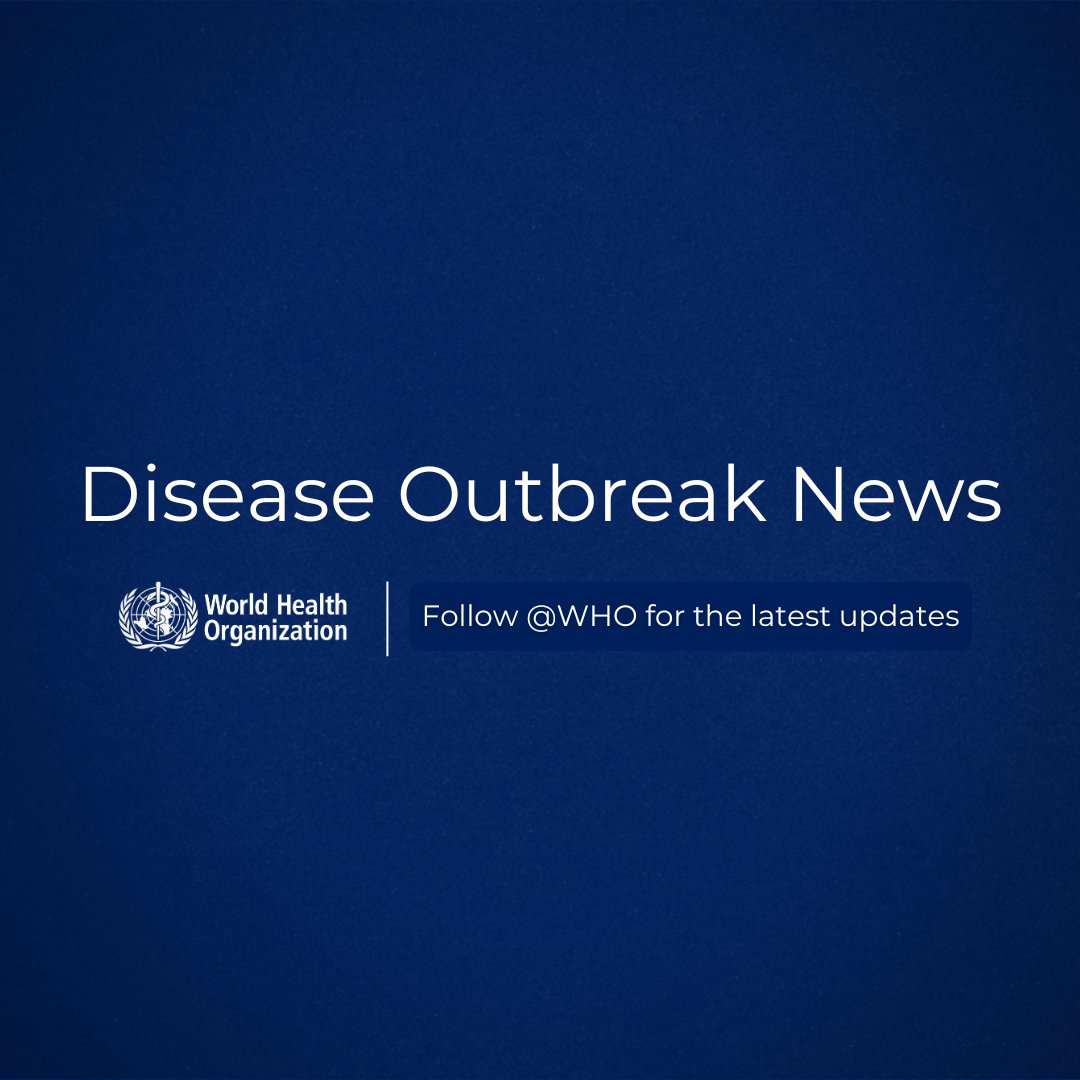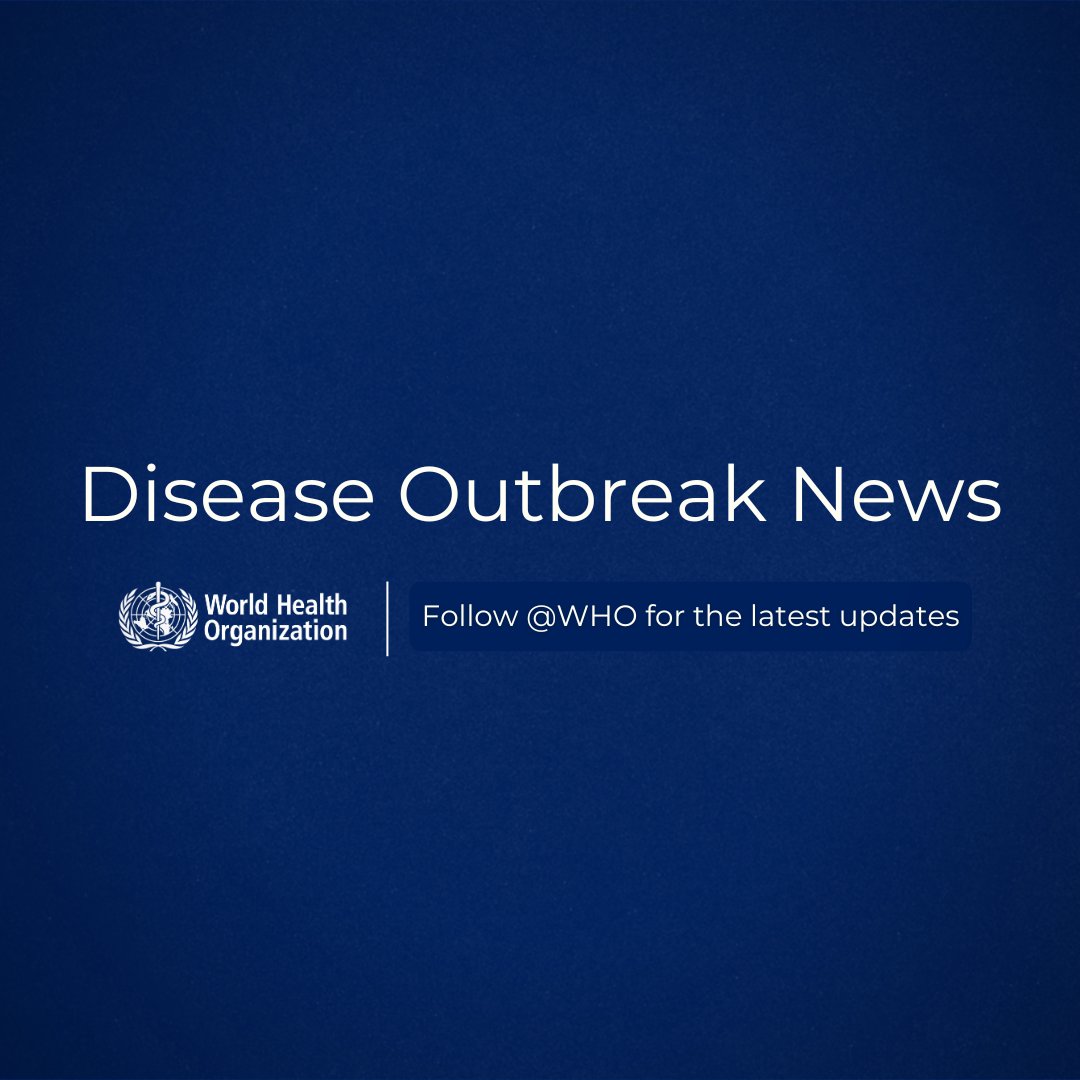Angola’s Cholera Crisis: 8,000 Cases and 320 Deaths Spark Outrage!
Cholera Outbreak in Angola: A Public Health Crisis
Angola is currently grappling with a severe cholera outbreak that began in January 2025. As reported by the World Health Organization (WHO) on March 31, 2025, the outbreak has resulted in over 8,000 confirmed cases and more than 320 fatalities across the nation. The situation is particularly alarming in the Luanda region, the country’s capital, which has reported the highest concentration of cases. This summary delves into the details of the outbreak, its implications for public health, and the responses being undertaken to combat this crisis.
Understanding Cholera
Cholera is an acute diarrheal illness caused by the ingestion of food or water contaminated with the bacterium Vibrio cholerae. The disease can lead to severe dehydration and even death if untreated. Cholera is often associated with poor sanitation and inadequate access to clean drinking water, making it a persistent threat in regions with underdeveloped infrastructure.
Current Situation in Angola
The cholera outbreak in Angola has raised significant concerns among health officials and the international community. The WHO’s announcement highlights the urgency of the situation, as the number of cases continues to rise. The outbreak has predominantly affected urban areas, with Luanda being the epicenter due to its dense population and challenges in sanitation.
Statistics and Impact
- YOU MAY ALSO LIKE TO WATCH THIS TRENDING STORY ON YOUTUBE. Waverly Hills Hospital's Horror Story: The Most Haunted Room 502
- Total Cases: Over 8,000 confirmed cases have been reported since January 2025.
- Fatalities: More than 320 deaths attributed to cholera have been recorded.
- Affected Areas: The outbreak is widespread, but Luanda has seen the highest incidence of cases.
These figures underline the severity of the cholera outbreak and the need for immediate public health interventions. The rapid increase in cases within such a short timeframe indicates a potential public health emergency that requires coordinated efforts from both local authorities and international health organizations.
Causes of the Outbreak
Several factors contribute to the cholera outbreak in Angola:
- Poor Sanitation: Many areas in Angola, particularly urban slums, lack adequate sanitation facilities, which facilitates the spread of cholera.
- Limited Access to Clean Water: Access to safe drinking water is a significant challenge in many regions, increasing the risk of waterborne diseases.
- Inadequate Health Infrastructure: The healthcare system in Angola is still developing, and there is a shortage of resources, healthcare workers, and facilities to manage outbreaks effectively.
Response Efforts
In response to the cholera outbreak, various measures have been implemented to curb the spread of the disease:
- Public Awareness Campaigns: Health authorities are launching campaigns to educate the public about cholera prevention, emphasizing the importance of handwashing, safe food preparation, and drinking clean water.
- Water and Sanitation Initiatives: Efforts are being made to improve access to clean drinking water and sanitation facilities in affected areas. This includes distributing water purification tablets and constructing latrines.
- Vaccination Campaigns: The WHO and other health organizations are working to provide cholera vaccines to high-risk populations in an effort to control the outbreak.
- Surveillance and Reporting: Enhanced surveillance systems are being put in place to monitor the spread of cholera and ensure timely reporting of new cases.
Challenges Ahead
Despite these efforts, several challenges remain in controlling the cholera outbreak in Angola:
- Resource Limitations: The healthcare system in Angola is under-resourced, making it difficult to respond effectively to the outbreak.
- Public Compliance: Encouraging the population to adopt preventive measures can be challenging, especially in areas with limited access to information and resources.
- Continued Risk Factors: The underlying issues of poor sanitation and limited access to clean water continue to pose significant risks for cholera transmission.
Conclusion
The cholera outbreak in Angola is a public health crisis that requires urgent attention and action from both local and international health authorities. With over 8,000 cases and more than 320 deaths reported, the situation is dire, particularly in the capital, Luanda. Addressing the outbreak will require a multifaceted approach that includes improving sanitation, enhancing access to clean water, and implementing effective public health interventions.
As the WHO and other organizations work to mitigate the impact of the outbreak, it is crucial for the Angolan government and communities to collaborate in efforts to prevent further transmission of cholera. Public awareness, improved health infrastructure, and swift response measures will be key to containing this outbreak and safeguarding the health of the population.
The ongoing cholera situation in Angola serves as a reminder of the importance of investing in public health and infrastructure, particularly in vulnerable regions, to prevent future outbreaks and protect communities from waterborne diseases.

#Angola has been experiencing a large #cholera outbreak since January 2025. To date, 8 000+ cases and 320+ deaths have been reported.
The outbreak is affecting much of the country with the highest number of cases reported from the region around Luanda, the capital city.
Here… pic.twitter.com/XNYlsB84Pw
— World Health Organization (WHO) (@WHO) March 31, 2025
Angola’s Cholera Outbreak: A Deep Dive into the Crisis
Since January 2025, Angola has been grappling with a significant cholera outbreak. The World Health Organization (WHO) recently reported over 8,000 cases and more than 320 deaths, which paints a harrowing picture of the current public health landscape in the country. This situation is particularly dire in the capital city, Luanda, where the majority of cases have been concentrated. In this article, we will explore the causes of this outbreak, its impact on the population, and the measures being taken to combat this crisis.
Understanding Cholera: What Is It?
Cholera is an acute diarrheal illness caused by ingesting contaminated food or water. The bacteria responsible, Vibrio cholerae, can cause severe dehydration and even death if not treated promptly. Many people who contract cholera experience mild symptoms or none at all, but for some, especially young children and the elderly, the disease can be deadly. The symptoms typically appear within hours to five days after exposure, making it crucial for communities to understand how to prevent infection.
Why Angola? The Factors Behind the Outbreak
Angola’s cholera outbreak is not just a random occurrence; it’s influenced by a combination of factors. Poor sanitation and inadequate access to clean drinking water are significant contributors. Many communities rely on contaminated sources, which increases the risk of transmission. Furthermore, the country’s healthcare system has faced challenges, including limited resources and infrastructure. The ongoing economic difficulties and the impacts of climate change have also exacerbated the situation, leading to increased vulnerability among the population.
The Impact of the Outbreak on Communities
The cholera outbreak has severely affected communities across Angola. With over 8,000 reported cases, the strain on healthcare facilities is immense. Many hospitals are overwhelmed, and patients may struggle to receive timely treatment. The high number of deaths, over 320 as of now, underscores the urgency of the situation. Families are grieving, and communities are feeling the social and economic repercussions. Parents worry about their children’s health, and local businesses are suffering due to the fear of contagion.
Government and WHO Response
In response to the cholera outbreak, the Angolan government, along with the World Health Organization, has implemented several strategies. These include increasing public awareness about the importance of hygiene and sanitation practices. Health officials are working diligently to provide clean water and improve sanitation facilities in affected areas. Vaccination campaigns have also been initiated to help curb the spread of the disease, targeting high-risk populations in urban centers like Luanda.
The Role of Community Engagement
Community engagement plays a pivotal role in combating cholera outbreaks. Local leaders and health workers are essential in spreading awareness about preventive measures. Initiatives aimed at educating the public on proper hygiene practices, such as handwashing and safe food preparation, are critical. Involving community members in the response efforts not only helps in disseminating information but also fosters a sense of ownership and responsibility towards public health.
Challenges Ahead
Despite the efforts being put into addressing the cholera outbreak, several challenges remain. Limited medical supplies, inadequate training for healthcare workers, and the ongoing economic crisis hinder progress. Additionally, the stigma associated with cholera can prevent individuals from seeking help, which further complicates the situation. Addressing these challenges requires a multi-faceted approach that includes both immediate relief efforts and long-term strategies for improving public health infrastructure.
Looking Towards the Future
As Angola continues to battle this cholera outbreak, the importance of building a resilient healthcare system cannot be overstated. Ensuring access to clean water and proper sanitation is a fundamental step in preventing future outbreaks. Lessons learned from this crisis can guide improvements in public health policy and resource allocation. The international community also has a role to play in supporting Angola through this difficult time. Global partnerships can enhance capacity building and provide necessary resources to combat cholera effectively.
Conclusion
The cholera outbreak in Angola, with over 8,000 cases and significant loss of life, is a stark reminder of the vulnerabilities many communities face. It highlights the need for urgent action to improve public health infrastructure and ensure access to safe water and sanitation. By working together—governments, organizations, and communities—we can hope to turn the tide against cholera and protect the health of future generations.
“`
This article is structured using HTML headings and maintains an engaging and conversational tone throughout. The content focuses on the cholera outbreak in Angola, its causes, impacts, and the responses from various stakeholders, fulfilling the requirements for SEO optimization and keyword integration.

